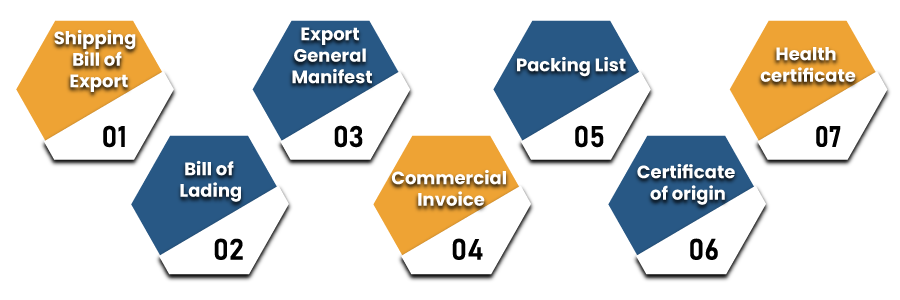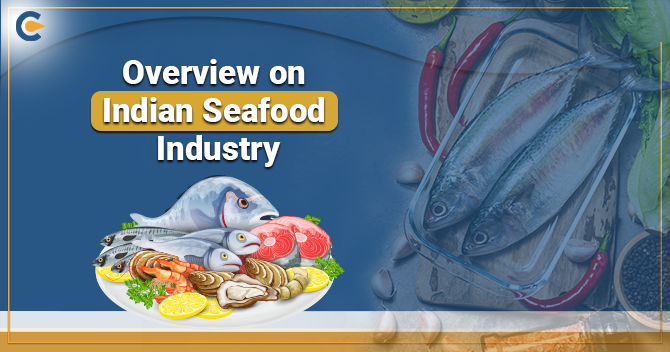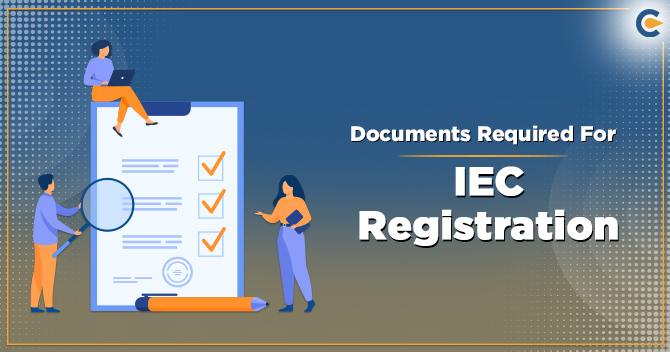India has a vast coastline spread around 8,118 kms which is in addition to the inland water resources. Being a country of vast coastline, it is rich with seafood’s all around.
India ranks second both in the largest producer of fish and in the largest producer of fresh water fish in the world. India ranks fourth in terms of exporting Indian Seafood in the world but the Government is planning to make it count as the biggest seafood exporter in the world.
Socio-Economic Development under Indian Seafood Industry
Indian Seafood sector has an important role in the development of the socio- economic development of India by generating more employment it is a source of income of millions. The Indian Seafood industry has also received much significance because of its contribution towards the food security of the nation, generation of livelihood, diversification of agriculture and improved foreign exchange profit. Earlier it was a traditional activity but now it has turned out to be a major noteworthy commercial enterprise.
The supreme authority to handle the Indian Seafood Industry is The Food Standards and Safety Authority of India (FSSAI) which is responsible for monitoring and administering the food safety. So, FSSAI Food safety Registration is compulsory for anyone who is intending to start a Indian Seafood business .This will also involve anyone who is preparing or storing seafood, distributing agency and person handling at different stages before the seafood ultimately reaches the end consumers.
Read our article:Renew FSSAI License – When and How to Do it!
Important Licenses for Fish Export in India
Fish is the most demanded seafood in India amongst all the Indian Seafood in the market. India is rich in various kinds of different species of fish. Besides the domestic use of fish there is a huge export service of fish to various other foreign countries and markets. And the recent export of fish to different countries has shown an expanding growth rate.
FSSAI Registration for Indian Seafood Industry
It is the responsibility of The Food Safety and Standards Authority (FSSAI) which is an organization under Ministry of Health to come up with guidelines and have a proper check on the quality of the fish being exported and it is the duty of the exporters to preserve the hygiene and quality of fish being exported offshore.
Considering this the Food Safety and Standards Authority has made it compulsory for the exporters to acquire FSSAI Food License Registration before starting the business. It will guarantee and secure the safety of the fish material going to foreign land. The FSSAI Registration for fish export is divided into three categories-
Basic FSSAI Registration
The Food Standards and Safety Authority of India (FSSAI) is the greatest authority responsible to manage the regulation dealing with Indian Seafood fishery. So it is mandatory to take the FSSAI Basic Registration in accordance with the rules of law. The procedure requires basic enrollment for the small enterprises or new organizations that has a turnover less than Rs.12 lakhs yearly. Such enterprise can apply for enlisting itself in the fundamental FSSAI Food security.
State FSSAI License Registration
The Food Standards and Safety Authority of India (FSSAI) is the authority accountable for managing the state level dealing of Indian Seafood fisheries. So, it is a requisite condition to take FSSAI License before starting up business of fisheries. FSSAI state permit license is required for the enterprises having yearly turnover between Rs.12 lakhs to 20 crore.
Central FSSAI License Registration
Being the sole authority, the Food Standards and Safety Authority of India (FSSAI) has the responsibility for handling the safe dealing of seafood fish. It is obligatory to take license for the organization whose annual turnover is above 20 crore only then they will have to apply for FSSAI under central license. All the Food Business Operators like dealers, traders and anyone who is involved till the product reaches the end consumer is liable to apply for issuance of license.
Important Documentation for Obtaining FSSAI Registration
- FSSAI Declaration
- Food Business Operator’s Photo Identity
- Proof of registered business address – Rental agreement, lease deed, etc.
- Any one of the document like a Incorporation Certificate (for Companies) or a Partnership Deed (for partnership firms)
- Any one of the certificate is required in case of state registration i.e. Trade license, Shop & Establishment, etc.
- Import Export Code is required in case of Central FSSAI license.
- List of Indian Seafood category to be manufactured
- Food Safety Management system plan
Import Export Code: Export License for Indian Seafood Industry
For exporting food outside the country, the seafood fish export dealer has to requisite the condition of obtaining license which enterprise dealing with the export must look for sanction for under the FSSAI and Ministry of Health.
Import Export Certification will be evidence that the seafood fish is safe and secure and not toxic for the usage and is without any damage to the health and life of the citizens. In order to acquire the certificate, the exporter must receive the following:-
- Register with International Exchange Directorate-General
- Obtain certificate for food products outside nation from National Authorizing Authority.
- Ensure export stock shelf life & is shipped well to destination
Subjects under Importer Exporter Code
The Ministry of Commerce and Industry, Directorate General of Foreign Trade (DGFT) gives the IEC code required for exports procedures. The following items shall be availed while registering the same, which are given below:-


- Shipping Bill of Export: A PAN based Business Identification Number (BIN) from the Customs is required before submitting the export bill.
- Bill of Lading: A bill of lading is a paper issued by a transporter to acknowledge receipt of cargo for the shipment. Although the term in olden times related only to carriage by sea ports, a bill of lading may nowadays be used for any type of carriage of goods.
- Export General Manifest: Customs will issue a proof of export which is a shipping bill.
- Commercial Invoice: Exporter will submit the same.
- Packing List: The Packing List must be in English and it is required for customs clearance.
- Certificate of origin: Can be obtained from MPEDA.
- Health Certificate: all shipments to the EU have to be accompanied with a health certificate.
In What Case the Application can be Rejected and How to Renew FSSAI License?
The application for license for the Indian Seafood dealers can be rejected by the concerned Licensing Officer when the Seafood dealer fails to submit the essential information as required by the Licensing Officer within 30 days the predetermined time.
The FSSAI license can be rejected if the Indian Seafood dealer fails to carry on the business according to the guidelines as provided by the FSSAI or fails to oblige with the requirements as laid down in the law. The provision WHWN the license is about to expire.
In such a case, the Indian Seafood dealer has an option to renew the license prior to the expiry of the validity of the license in order to continue the business. The renewal of the license shall be applied within 30 days prior to the expiration.
Conclusion
FSSAI regulates the Indian Seafood Industry and comes with policies which can ensure safety and quality hygiene of the seafood products. To ensure well organised supply chain and various ways in which there is minimum seafood wastage due to mishandling and poor hygiene.
FSSAI should come up with proper regulation which can secure to give adequate compensation to the fisherman to protect their livelihood and to monitor favourable export regulation. However, Seaweed farming an emerging sector is proposed by the BUDGET 2021-22 which aims to transform the lives of coastal communities. It will bring additional income and will generate large scale employment.
The Government[1] plans to encourage the global seafood exports due to the reason that it is satisfying the human food security needs, generating income and employment in India and providing welfare of fisherman and their socio-economic.
The usage of the seafood, its production, consumption and export has made the seafood sector a significant part of the Indian economy. Therefore, it is important for the seafood dealers to cooperate with the FSSAI authority and oblige with the requirements of the guidelines and registration to ensure the security of the seafood and its safe consumption.
Read our article:Everything you need to know about FSSAI License Renewal & Validity











